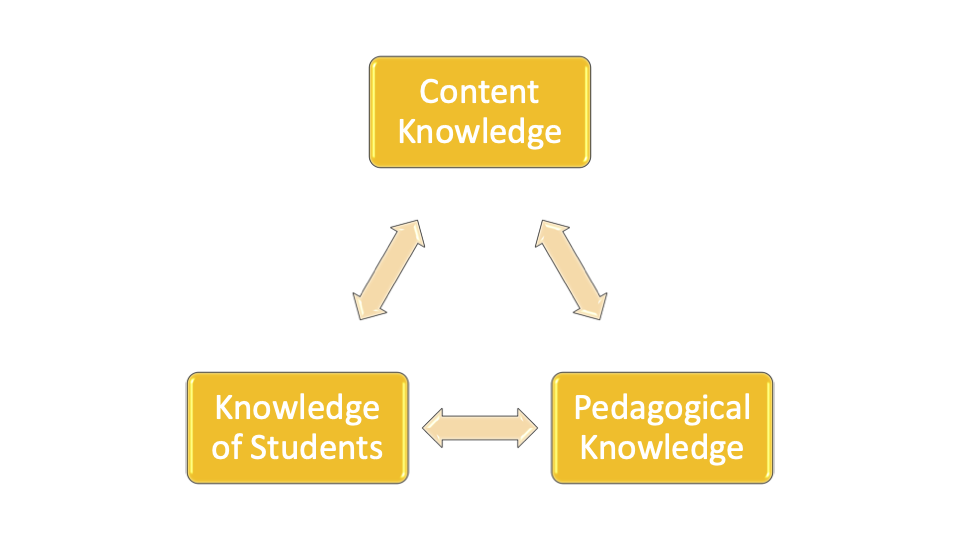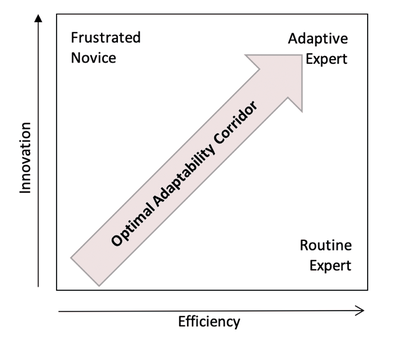Good Teaching is about Adaptive Expertise
Developing adaptive expertise in teaching requires:
- Opportunities to develop Pedagogical Content Knowledge
- Opportunities to practice eliciting, understanding, and responding to student thinking
- Opportunities to work with student thinking, around content, in increasingly complex contexts.

